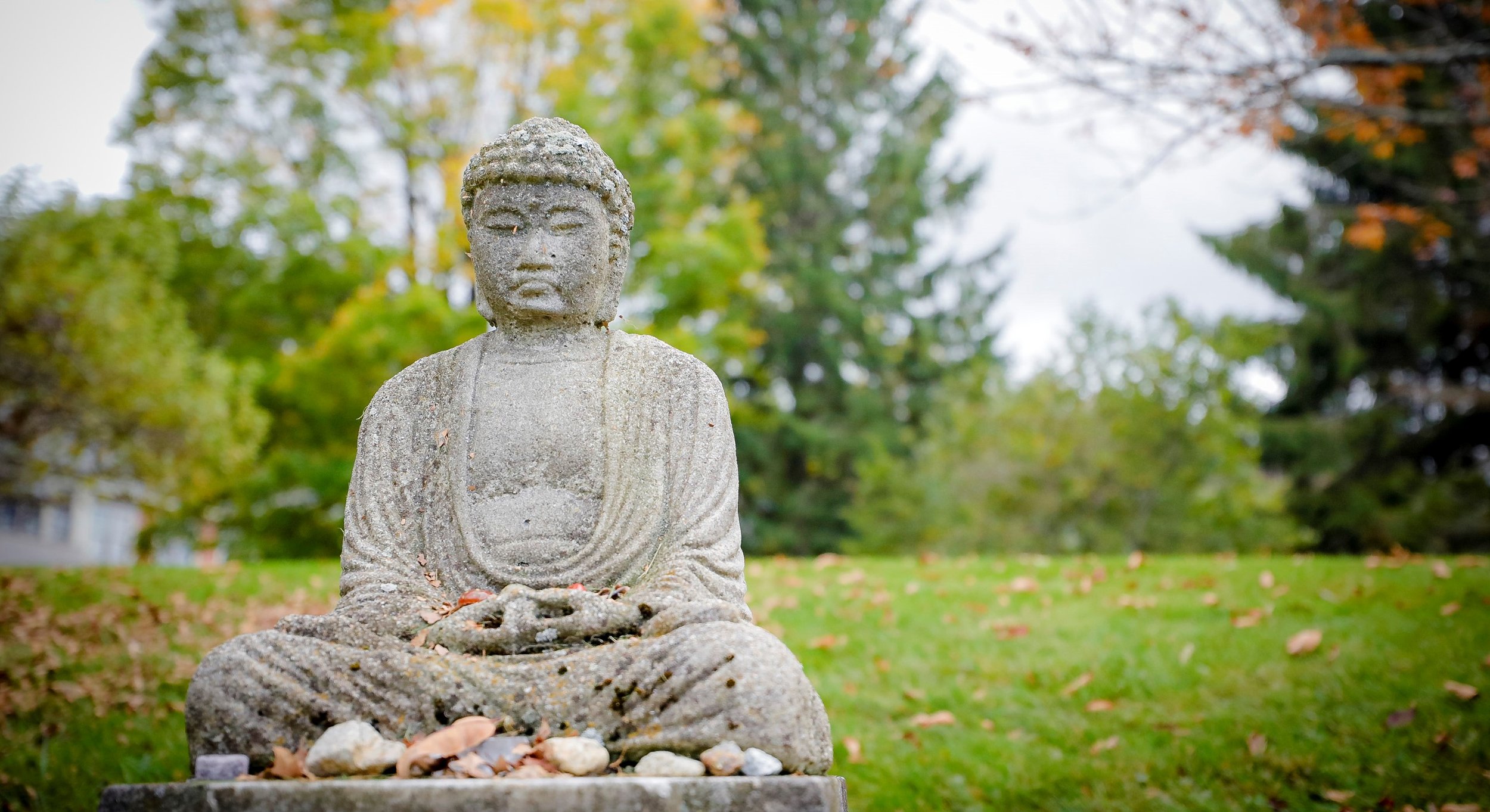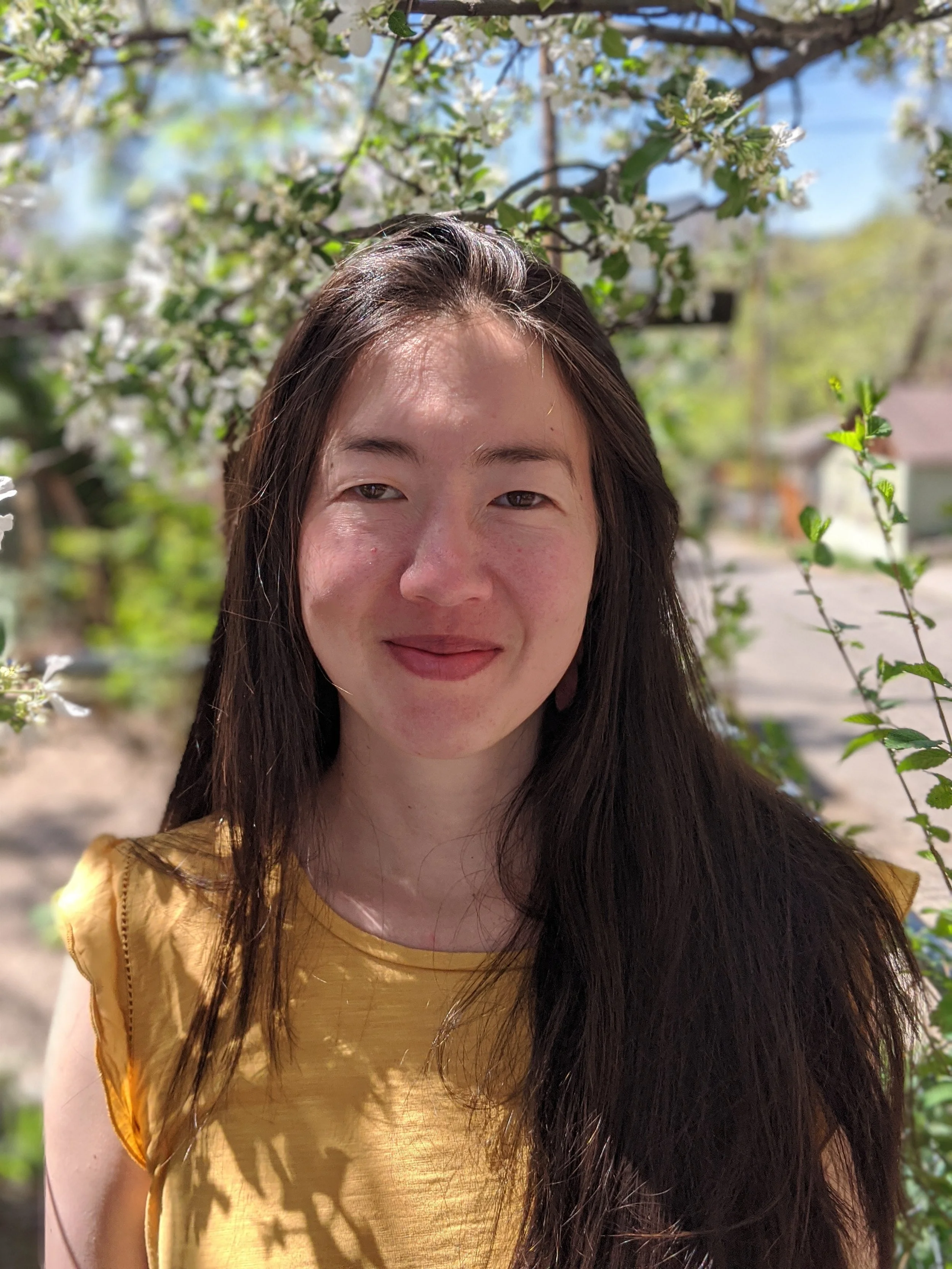
CURRICULUM
The C.S. curriculum is a combination of Classes, Contemplative Practice & Integration into Daily Life.
4 Classes:
Intro. to Buddhist Philosophy
Applied Contemplative Theory & Practice
Building Beloved Community: Relational Mindfulness & Embodied Nonviolence
Nature, Dharma & Climate
Contemplative Practice & Integration:
4x week-long (semi)-silent retreats
2x daily meditation & contemplative practice periods
Weekly small groups
One-on-one mentorship

CLASSES
1. Introduction to Early Buddhist Philosophy
with Cara Lai, Jessica Morey, Victoria Cary & guest teachers
This class gives you a foundation in Early Buddhist philosophy, as well as how to apply Buddhist teachings to modern-day life.
You’ll learn about:
Foundations of Buddhist philosophy, with an emphasis on early Buddhist teachings
Buddhist ethics, metaphysics, & philosophy of mind
Historical context of Buddhism
Modern Western perspectives on Buddhism & its applications toward personal and collective liberation
How Buddhism intersects with issues of race & identity
In the Applied Contemplative Practice sister course, you will explore how Buddhist teachings integrate into your life through 4 meditation retreats, morning & evening practice periods, small group discussions & weekly silent “practice days”.
2. Building Beloved Community:
Relational Mindfulness & Embodied Nonviolence
with Shea Riester & guest teachers
Using the frameworks of Nonviolent Communication (NVC), relational mindfulness and restorative justice, this class will teach you to speak your truth, listen deeply & navigate conflict with compassion.
You’ll learn how to . . .
Speak your truth while staying grounded
Listen deeply to others
Communicate clearly your feelings, needs & values
Use conflict to build trust & connection
Hold different viewpoints & needs with care
Apply the tools of NVC towards social change and activism
3. Nature, Dharma & Climate
with Zac Ispa-Landa, Khalila Gillett & guest teachers
This course will help you find new ways of relating to the ecological crisis, so that you can move forward from a place of compassion, groundedness & inner peace.
By the end of the course, you will:
Feel more connected to nature
Understand the socio-ecological landscape of the Anthropocene (the new geological era caused by humans)
See how power & privilege play into climate change
Figure out your values & responsibilities within the ecological crisis
Develop resilience
Develop a more balanced relationship with the earth
Responsive, Fluid Learning Design.
C.S. teaches in a way that’s integrated & responsive to your needs.
The faculty listen to questions & issues arising in the community & adjust their teaching in response.

CONTEMPLATIVE PRACTICE
& INTEGRATION
In addition to these 3 formal “classes,” you’ll have the opportunity to dive deep into formal meditation practice & integrate the teachings into your life.
Over the course of the semester, you’ll participate in 4, Week-Long (mostly) Silent Retreats.
Orientation Week Retreat #1 (Semi-Silent):
The daily retreat schedule includes
periods of guided sitting and walking meditation
mindful movement such as yoga or qigong
small group activities
workshops
free time for socializing or resting.
On this first retreat, we’ll move into and out of periods of silence throughout the day.
4x (Semi)-Silent Retreats
Silent Retreats #2- 4
The 2nd , 3rd, & 4th retreats will be conducted in silence, and will have a similar rhythm to the first retreat but without periods for socializing
periods of guided sitting and walking meditation
mindful movement such as yoga or qigong
Dharma talks
Evening chanting & meditation
2x Daily Meditation & Contemplative Practice Periods
When you’re not on retreat, you’ll have morning & evening contemplative practice periods, guided by the faculty & staff.
These may include:
Seated & walking meditation
Movement practices like yoga and qi-gong
Lovingkindness meditation
Journaling & introspection

WEEKLY SMALL GROUPS
To support you in your journey at C.S., you’ll meet twice a week with a small group that includes 2 mentors to talk about your practice & how what you’re learning integrates into your life.
1-1 MENTORSHIP
You’ll also get 1-1 support once a week with a teacher or staff mentor.
FACULTY & STAFF
VISITING FACULTY
CURRICULUM FAQs:
How often do classes meet?
Each class meets 2x a week. Classes are held Monday, Tuesday, Thursday & Friday.
On these days, you can expect about 6 hours / day of combined class & application / practice time.
Will there be homework assignments?
Yes, there will be a few reading, writing and creative assignments scattered throughout the semester that are flexible enough to meet a diversity of learning styles.
You’ll also complete an integrated capstone project & presentation. This project can be in any form - written, video, art, performance, etc.
NOTE: C.S. is primarily a chance to get in touch with more intuitive and embodied ways of knowing.
The volume of reading and writing assignments will *not* be as intense as a typical college semester.
Are there “grades”?
There are no “grades” but you’ll receive a written evaluation for each class & by your mentor at the end of the program.
Instead of letter grades, you’ll receive narrative evaluations. These are similar to professional performance reviews, providing you with invaluable information about your strengths & areas for growth.
Our assessments of student work & progress are detailed, personalized, & qualitative. They paint a far richer picture than a GPA.
Can I get college credit?
Possibly! We’re hoping to offer optional 12-16 transferable college credits for participating in the Contemplative Semester — if that happens and you would like to receive college credit, there will likely be an added fee of between $2,000 and $3,000.
We hope to know sometime in Spring 2024. We’ll update the website as soon as we know!
Are there any prerequisites / prior experience required?
No, though some experience with mindfulness meditation is recommended!

























